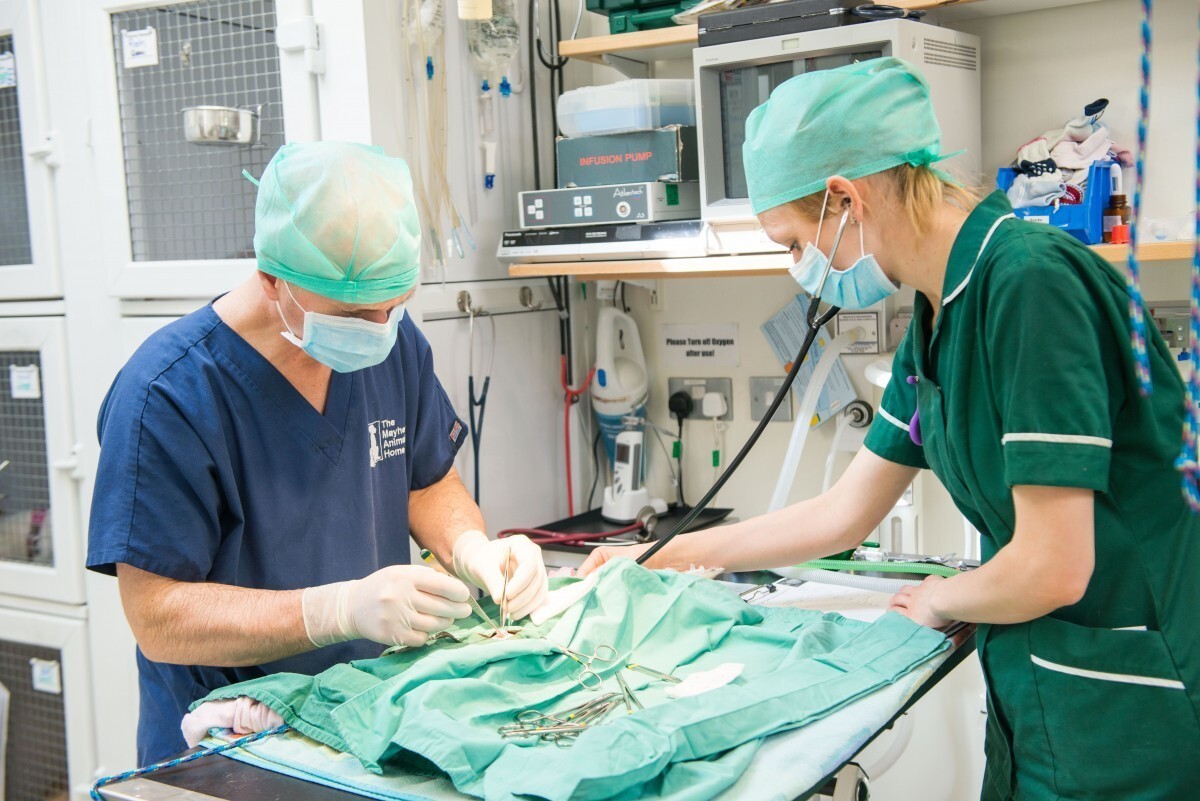In a recent blog post here about locum rates of pay, I made the point that some vet clinics may be prepared to pay “over the odds” for locums on certain occasions. In a subsequent Facebook discussion, somebody picked me up on this, suggesting that I was saying that locums were sometimes paid “too much”. This was not what I meant at all, and perhaps I should explain what, in fact, I did mean.
Why do vet clinics sometimes pay “over the odds”?
In my mind, "over the odds" means that locums may be paid more than the profit they are generating, and that sometimes it’s worthwhile for a vet clinic to do this. If the choice for a business is to either close or to employ someone for the short term who costs them more money than they generate, they may have to take the short term hit - a loss leader if you like - just to keep going. It is still worthwhile paying for this short term hit, because in the longer term, the practice benefits from the fact that it is known to be open and available at its stated hours, rather than closing from time to time for staffing reasons.
Why do vet locums need to be paid “over the odds”?
I should add that from a vet locum perspective, it’s necessary to be paid more than permanent staff in order to survive economically: there are many extra costs, such as travel, accommodation, pensions, cpd, accountancy fees, etc. Furthermore, locums often have unforeseen gaps in their diaries, when no work is available. For these reasons, it isn’t appropriate to multiply a locum’s day rate by 235 days to work out a comparable annual salary.
If locums were paid a turnover-dependent amount, it would sometimes not be worth their while taking up a position, and this would not suit practices who have a strong need for their assistance.
Are locums much more expensive than permanent staff anyway?
It should also be added that from a vet practice’s perspective, a locum is often better value than may initially seem obvious: there are savings on employer’s National Insurance (13.8%), pension contributions (3%), CPD allowance, time off for CPD, holiday pay, training, conferences, etc. Practices also have the flexibility of reducing the locums’ shifts when it’s quiet. So when you compare locum rates with the true, full cost of a permanent employee, there isn’t as much difference as you might think.
What does “the odds” mean, anyway?
In any case, the discussion did highlight an issue that is key to veterinary remuneration: if locums are sometimes paid “over the odds”, what are “the odds”? My view is that vets are generally paid "the odds" i.e. they are generally paid a fair sum which is justified by the money they generate. That’s how the market works.
How much are “the odds” for veterinary salaries? Percentages vary between businesses, but I’ve heard it said that veterinary salaries should be somewhere between 17% and 28% of the turnover generated. That is the sum that could be said to be “the odds” in this discussion.
Is a vet salary based on “the odds” high enough?
I believe that vet salaries are too low for the talented, trained, skilled employees that make up the veterinary workforce. But rather than complaining that vets are not paid enough, it’s more constructive to ask why this is the case, and what can be done about it. There’s no point in hoping that vets will suddenly be paid “over the odds” routinely: this just does not add up, as it would make veterinary businesses unsustainable.
So what can be done to increase the remuneration of vets? The simplest and worst suggestion would be to say “clients should pay higher fees”: in an era where many pet owners feel that vets already charge high rates, it’s neither realistic nor fair to suggest this as an option.
So what can be done? That’s a topic for another blog post


